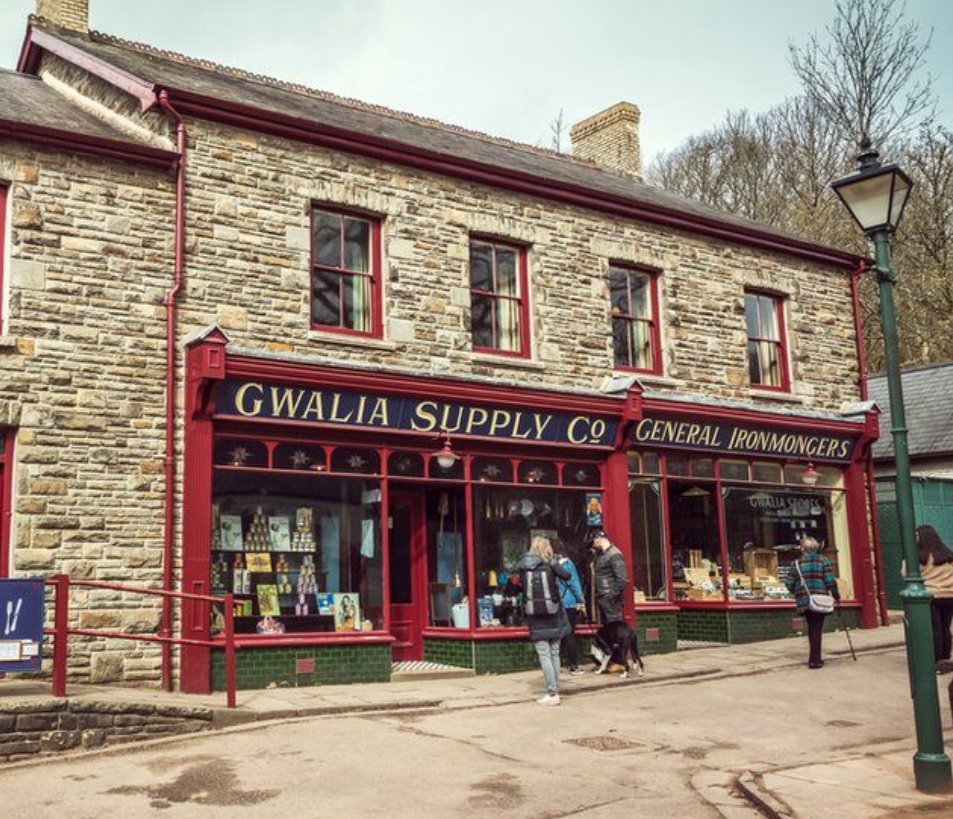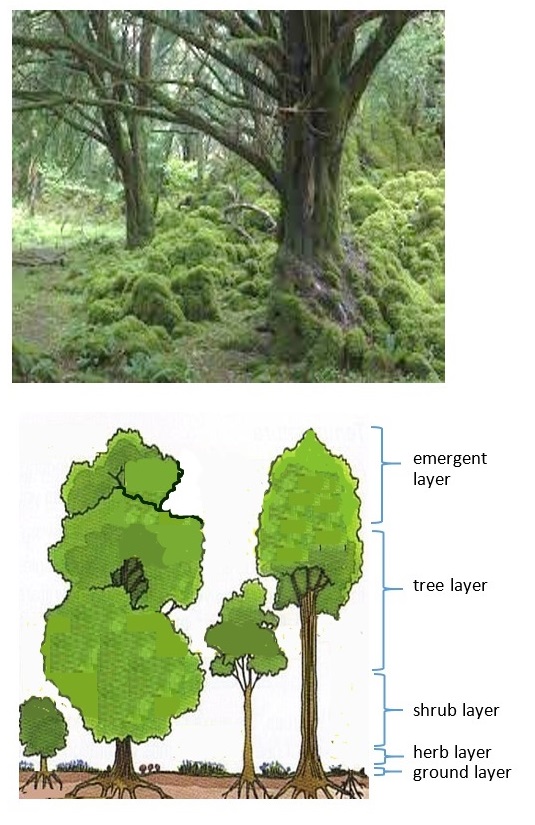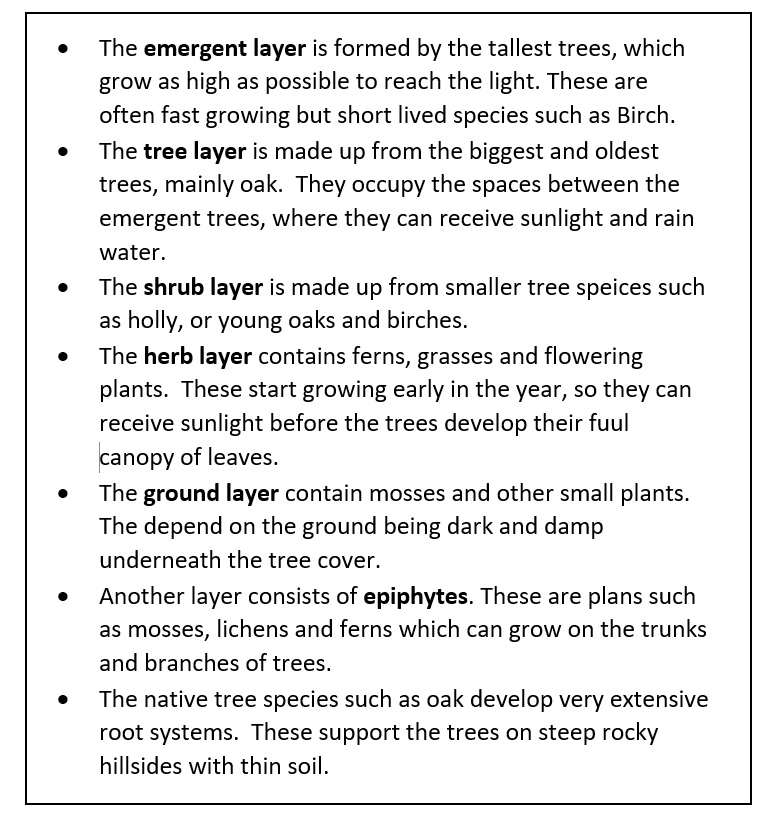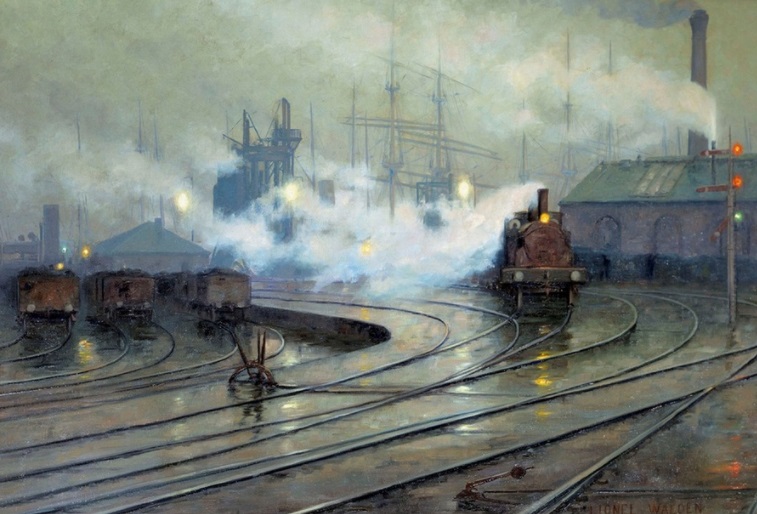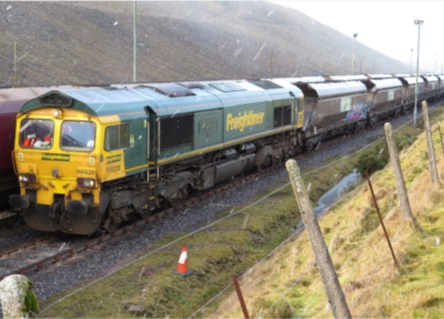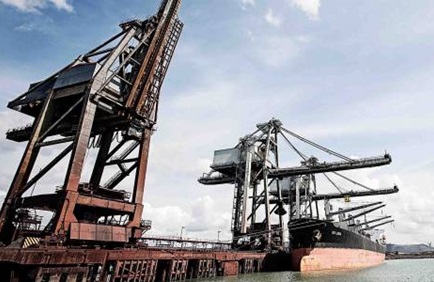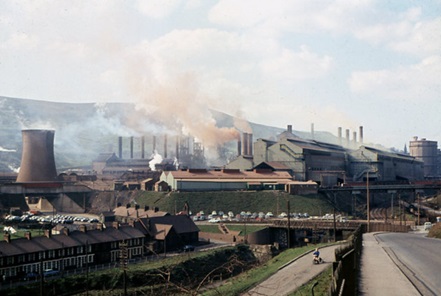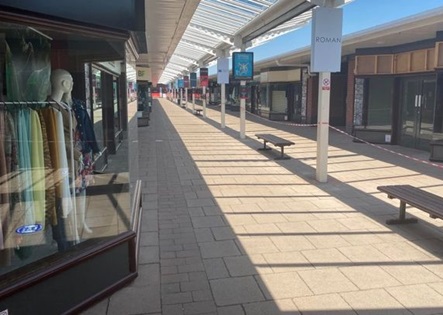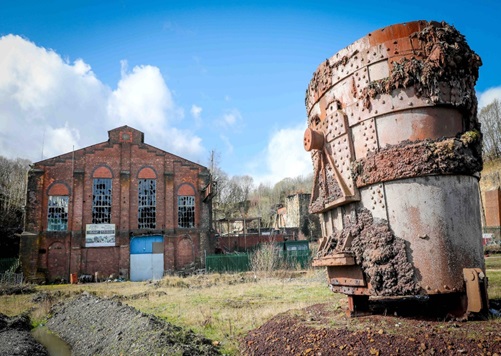St Fagans Museum
Saint Fagans Museum of Welsh Life is a large open-air museum.
It is located on the land of an Elizabethan manor house built by a wealthy lawyer Dr John Gibbon around 1580.
The Earl of Plymouth gave the estate to the nation in 1948.
Historic buildings of different ages and from all parts of Wales have been moved to Saint Fagans.
There are now over fifty historic buildings in natural locations around the grounds of the manor house.
The most ancient buildings are Iron Age round houses.
These are based on archaeological sites in Anglesey.
The museum has several farmhouses which date from the Middle Ages.
These show how builders used timber and clay to make walls, with thatch for the roofs.
By the eighteenth century, buildings were being erected from stone.
Farm houses and workmen`s cottages are shown with furniture of the appropriate period.
The museum has a variety of buildings where people worked.
A woolen mill containing nineteenth-century machinery is still used to make traditional Welsh blankets.
The mill is powered by a water wheel.
A tannery from Rhayader has been rebuilt at the museum.
This produced heavy leather for boots and horse harness.
Buildings in the museum show what life was like in Welsh communities.
School groups can experience a lesson in the village school during Victorian times.
Translate the sentence:
Saint Fagans Museum of Welsh Life is a large open-air museum.
Suggested translation: (a number of alternatives acceptable)
